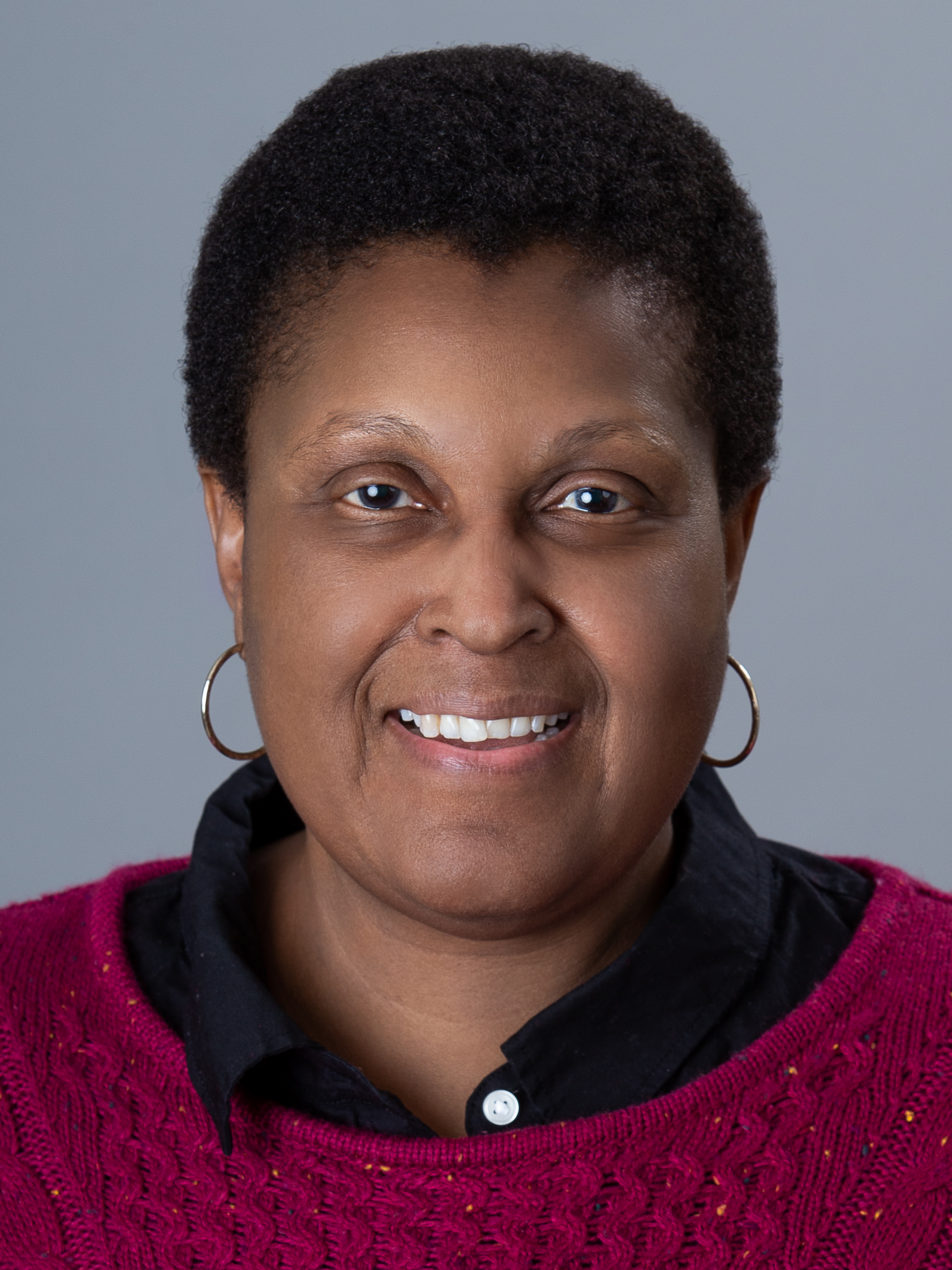Q&A with Sonja Ebron, Member of IAALS’ Board of Advisors
 Last year, IAALS welcomed six new members to our board of advisors. One of those new members is Sonja Ebron, who brings to IAALS an unparalleled dedication to access to justice with a unique perspective as a Ph.D. electrical engineer. As one of the driving forces behind Courtroom5, she has woven together her technological expertise and personal experiences to empower countless individuals to represent themselves in court. With a seat on the Leaders Council of the Legal Services Corporation and recognition as a “Legal Rebel” by the American Bar Association, Ebron’s background, insights, and eye for innovation are invaluable to IAALS.
Last year, IAALS welcomed six new members to our board of advisors. One of those new members is Sonja Ebron, who brings to IAALS an unparalleled dedication to access to justice with a unique perspective as a Ph.D. electrical engineer. As one of the driving forces behind Courtroom5, she has woven together her technological expertise and personal experiences to empower countless individuals to represent themselves in court. With a seat on the Leaders Council of the Legal Services Corporation and recognition as a “Legal Rebel” by the American Bar Association, Ebron’s background, insights, and eye for innovation are invaluable to IAALS.
The wide breadth of IAALS’ partnerships is integral to our work, and we’re excited to showcase our board members’ dedication and expertise. In this Q&A, Sonja discusses the challenges of a complex civil justice system, unifying varied perspectives, and why access to justice is personal.
Why is the work of IAALS important?
IAALS tackles one of the most critical issues in American society: the struggle many face in navigating our complex justice system. It’s both a moral failure and a market failure when three-quarters of people in court have little to no legal assistance. IAALS is leading the charge in finding practical, real-world solutions to this crisis.
What do you see as IAALS’ key strengths?
IAALS stands out by producing sharp, clear recommendations for improving the civil justice system. These recommendations are not just thoughtful—they’re widely recognized as essential for serious consideration and action.
What does IAALS do uniquely well?
What sets IAALS apart is its unique ability to unify varied perspectives on civil justice, forging consensus on vital research areas. It then spearheads this research, producing data-driven insights and actionable recommendations for improving access to justice.
What does access to justice mean to you?
Access to justice exists when everyone, regardless of their background or resources, can navigate the legal system effectively. It means everyone, with or without an attorney, can genuinely be heard in court. For me, access to justice is deeply personal; my own experiences in self-representation fuel this passion. Our democracy hinges on the rule of law, which in turn relies on wide access to justice. True democracy flourishes only when everyone has the actual, practical ability to seek and obtain justice.
What is a trait you admire in others?
I deeply admire those who help others quietly, without seeking recognition. Their actions are a powerful reminder that the true reward of doing good lies in the act itself, not in applause or acknowledgment.
What is the last book you read?
I recently revisited Elad Gil’s High Growth Handbook, a must-read for burgeoning tech startups. This book is a masterclass in guiding a growing business towards profitability, covering everything from governance and talent management to product strategy and financial savvy.
What’s one thing you can’t live without?
My unwavering belief in human progress, despite its ups and downs, is something I cannot do without. It’s this faith that consistently guides and sustains me.


